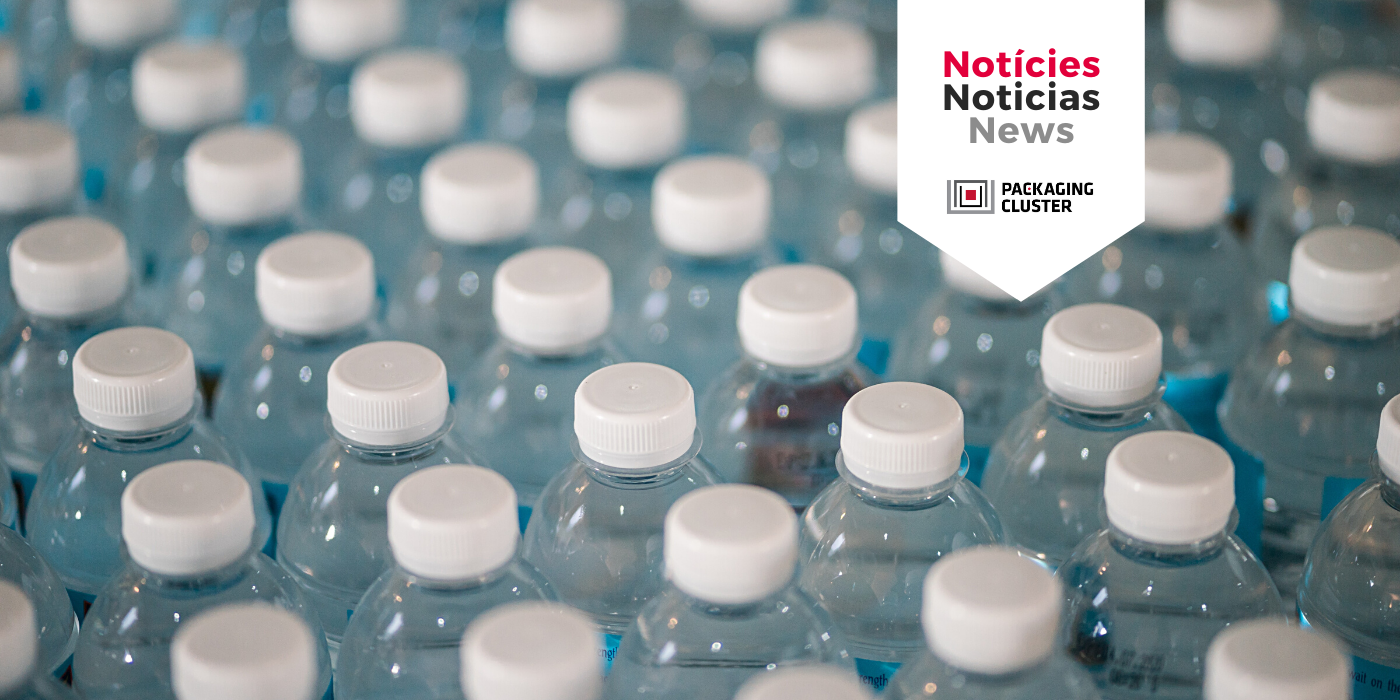The packaging of the future will be defined by the technical characteristics dictated by the new European regulations for its recyclability

"About 60 professionals from the sector were interested in the conference on food packaging legislation"
Currently, the legal framework in which the packaging sector is found itself generates a relevant impact on the companies that comprise it, as they have to adapt to the different directives that are set at the national and European level. Legislation that influences the global strategy and where the circular economy becomes the main protagonist of the new paradigm, which is not only economic, but also social, political and environmental.
Packaging as a protective element for food and its legal framework were the central axis of the last conference promoted by the Packaging Cluster, with the support of the Foodservice Cluster, and where about 60 virtual assistants met.
Firstly, Mr. Jordi Oliver, Inèdit's Director of Sustainability and Circular Economy Expert, presented different sustainable alternatives for mass consumer products, with eco-design strategies that generate shared value, and solutions to current packaging options. Examples of: renewable materials, vegetal resources, compostables, bioplastics, bulk sale or monomaterials were seen.
Jordi Oliver remarked the importance of packaging design, taking into account the recyclability of the product, the technologies available to the waste management system in the country where the packaging is to be distributed and its communication. One of the points that was discussed is the communication of the product and how we communicate it. Like whenwe say that packaging "is recyclable", when it may be that in practice it is not managed, even if it is technically recyclable, because currently there is no technology or volumes necessary for it to be recycled.
On the other hand, from the Universidade da Coruña we enjoy the expert in Environmental Law and Professor of Administrative Law, Mr. Francisco Javier Sanz Larruga, who explained the implications on the food and beverage sector of the new legal framework for packaging and waste.
The priority of the European Union, according to F. Javier, is the definition of existing pollution problems and the reduction of materials that are harmful to the environment, which represents a challenge for municipal administrations, an active involvement of companies in their organization and a need for consumer awareness. Food safety is at stake and for this it is necessary to implement elements or directives that, on certain occasions, are difficult for organizations to comply with.
Likewise, the also expert in Environmental Law and Professor of Administrative Law at the Universidade da Coruña, Mr. Juan José Pernas García, who detailed the Draft Law on waste and contaminated soils that was published last month of June. A fundamental measures that aim to reduce the negative effects of waste on the environment and the efficient use of resources as part of the concern for climate change.
J. J. Pernas clarified what were the provisions of the proposal that affect the design of the product again, the reduction of total consumption and the prohibition of different single-use plastics, as well as microplastics in cosmetic products or detergents. Responsibilities that fall on companies and waste producers, mainly.
At the end of the presentations, the guests resolved the doubts that arose and resulted in a small debate among the participants, since the subject in question affects the entire value chain of the packaging sector. They spoke about the adaptation of the legislation to the current reality and the existing technology; or of the competences of the autonomous communities in matters such as those mencionated.